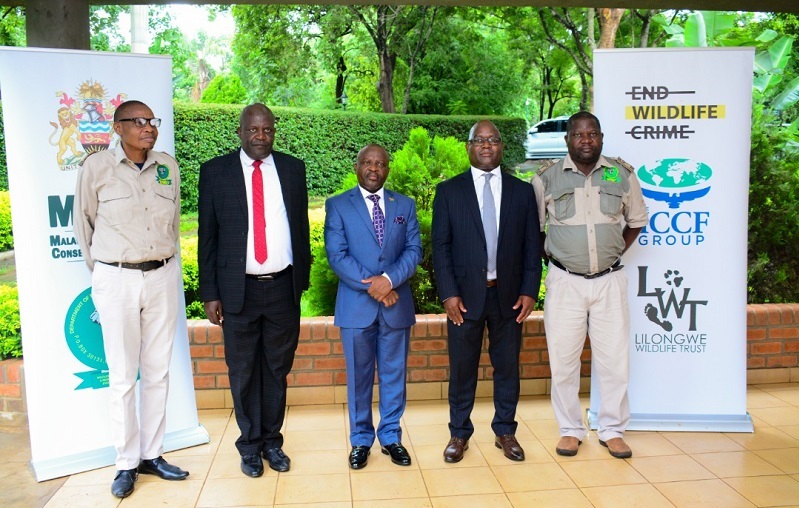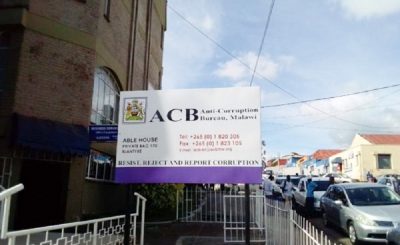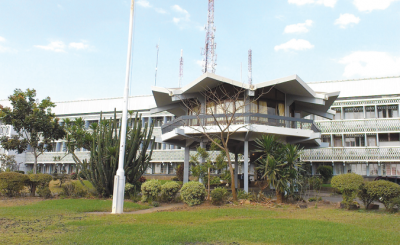The United Nations (UN) has applauded Malawi for joining the call for a new global agreement to prevent and combat wildlife crime.
The development follows Malawi’s public announcement on the call for the Fourth Protocol on prevention and combating of wildlife crime under the United Nations Convention against Transnational Organised Crime (UNTOC).
Speaking during the announcement in Lilongwe UN Resident Coordinator Rudolf Schwenk said if left unaddressed, wildlife trafficking poses a serious threat to achievement of sustainable development in Malawi and the region.
“It undermines the economic prosperity of countries, threatens their natural resources, and inhibits benefits derived from legal nature-based enterprises like tourism,” Schwenk said.
“Wildlife crime also erodes social stability and impoverishes citizens as their natural heritage and livelihoods are robbed.”
On his part, Minister of Tourism, Culture and Wildlife Michael Usi said the announcement on the call for the Forth Protocol is a significant step towards dealing with wildlife crime as he observed that the country has been exploited for a long time.
He said: “We are looking at exploitation of poor countries because when you look at the chemistry of trafficking in general it is the rich that benefit.”
“They exploit the poor, they come down to Malawi for example and kill our elephants, take the ivory, the pangolins with their scales and the money goes to the rich countries.”
Meanwhile, the Malawi Parliamentary Conservation Caucus has observed that wildlife crime is an international challenge and demands a collective and international response.
“It is important to understand the nature of such crimes, which are not simply committed by the poacher from the local village, but rather facilitated by organised criminal networks.”
“The killing of wildlife and destruction of forests has become industrial in its scope and scale,” said Welani Chilenga, the Caucus’s chairperson.
Malawi joins three other countries; Angola, Costa Rica, and Gabon for the creation of the Fourth Protocol under the Convention.
According to the United Nations Office on Drugs and Crime (UNODC), wildlife crime is worth US$8-10 billion.





